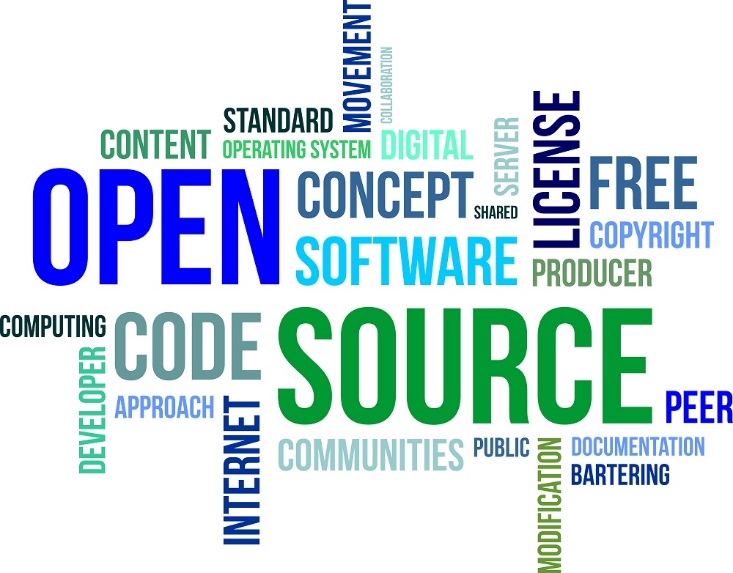
In the technology world, there has been a constant battle between the operating systems of Windows and Linux, ever since their creation. Of course, each side has its staunch followers, those who will go to their technological graces swearing this system over the other. But in terms of objective argumentation, there hardly seems to be any lists or explanations for preference of one system over the other. Not to be the one to do that, this article explores further why Linux is of course, the best operating system available and why exactly it blows the abilities of other operating systems far out of the water.
Besides just basically being a better wholesome operating system that Windows could ever hope to be, Linux has some carefully designed features that no matter how hard Windows tries, can never best. One of these is ease of use or in other words, a great user interface. Linux is possibly one of the easiest, if not the easiest of all time, desktop operating systems to use. It’s simple to navigate, is praised continually for its user friendly features, it’s a constantly updating system, it’s flexible. The list could go on and on. It offers many personalization and customization options so if you don’t like the desktop layout that is given, you can change it to suit your needs.
Another perk of using the Linux operating systems is its server capabilities. The servers associated with the Linux operating systems are notoriously fast, secure, highly configurable and scalable. That last quality is above the rest, it is what sets apart Linux and Windows in terms of servers. Linux is a great choice for people who are developers, and it's widely used as web server.
In terms of preventing security breaches, Linux is always the better option to other operating systems. Although it is not without its own faults, when Linux operating systems detect an error or some exploit, they are fast to institute repairs and patches. On the other hand, other operating systems are designed with too many holes in terms of security and they take eons too long to release updates to fix them. Such is not the issue with a Linux operating system. It is still susceptible to attacks but the deciding factor between Linux and other operating systems in terms of this feature is that Linux community is quite fast fix the problems as they found.
Already mentioned before but necessary to mention once again is the extreme degree of flexibility that Linux offers its users. Unlike Windows where there is only one way to perform or complete a task, Linux offers several. This extends the operating systems flexibility well beyond that of just the desktop as mentioned above. Linux not only expands on this single-mindedness of Windows but explodes it, turning it into a realm of limitless technological options and abilities.
Another area in which Linux far outperforms other operating systems is in that of its support community. For Windows, they have the Microsoft campus, MCSE’s and then the plethora of third-party software sites that attempt to take advantage of those plagued by problems using the Microsoft Windows operating systems, and for Mac there are some sites too. But with Linux, the company and its operating systems have always been designed around community. They have various mailing groups, lists, forums, and some sites like NoobsLab, all designed to help users of Linux when they have problems. Accessible and above all else, understandable, these help forums far exceed those of Microsoft and are for all people of all ages, types and technological abilities, no handbook necessary.
Linux is not however, a perfect operating system. Thankfully, the programmers and software developers at Linux have come up with efficient and lasting solutions that help Linux be the best operating system it can be. Such an area in which Linux has shown quite dedicated improvement and a general degree of success is making their software work in conjunction with other devices. Many people have experienced issues in the past with using wireless printers, tablets, phones and computers that are all made by different companies, together. But by making a product that works well with other devices, Linux is able to cement its place as one of the best operating systems on the market today as this ability to use devices regardless of manufacturer in tandem with each other is a very necessary and desirable feat.
Is there anything else you can add? Let us all know what you have to say!


